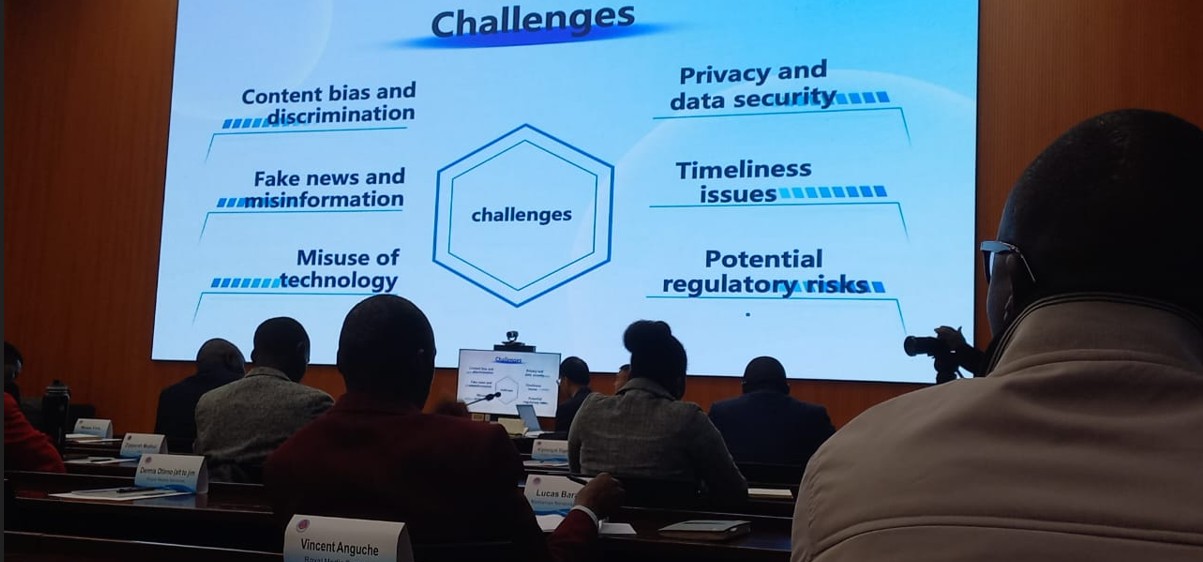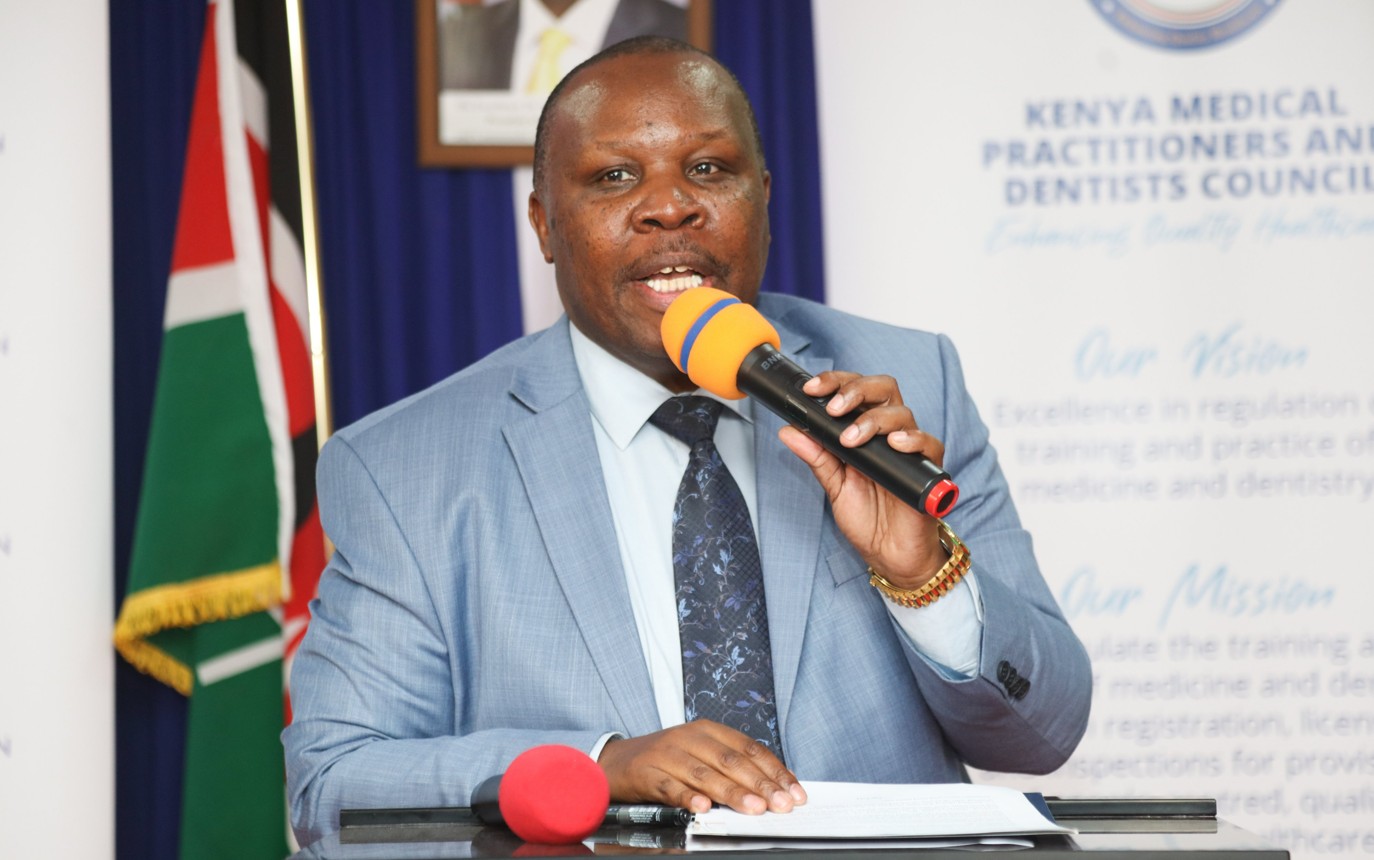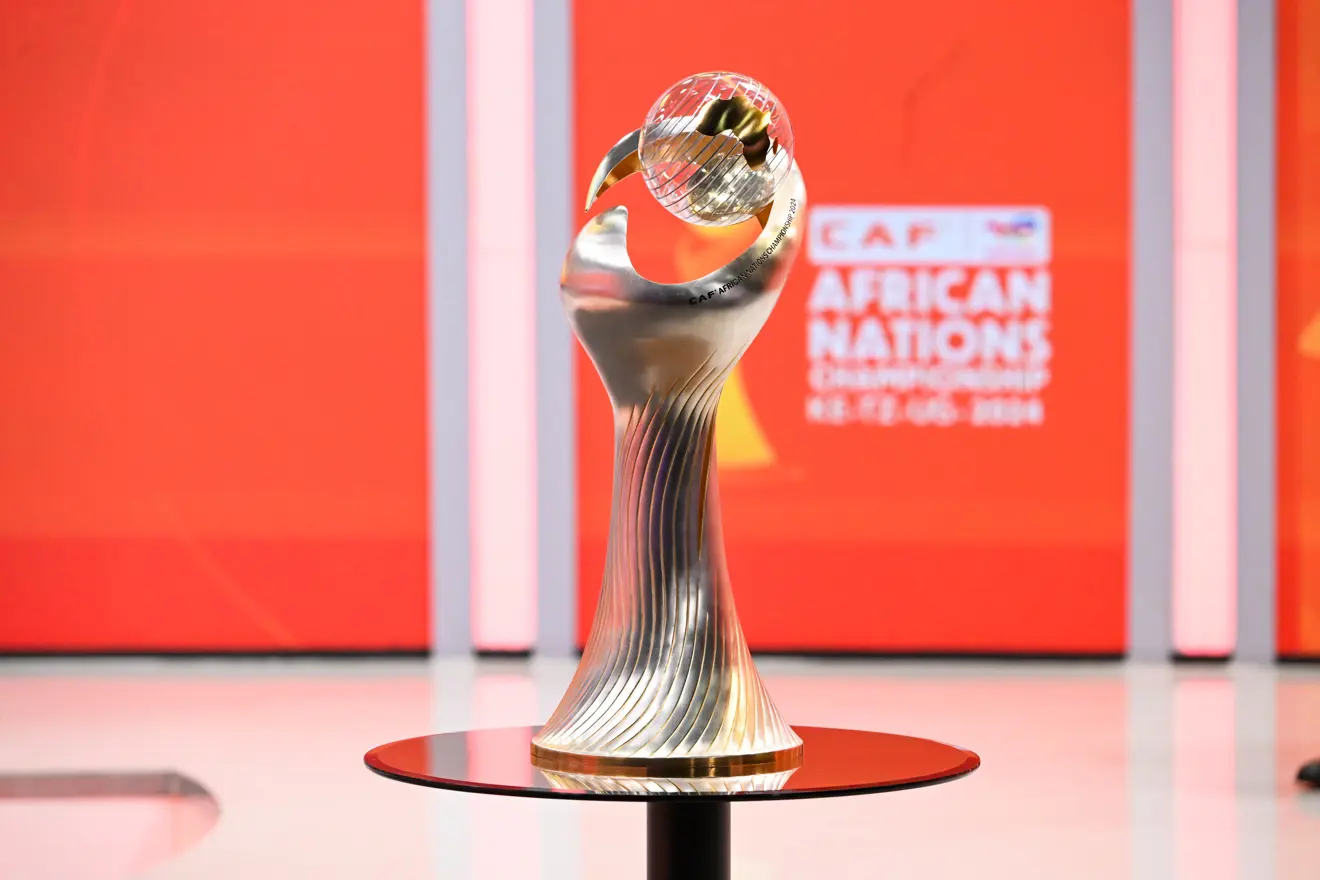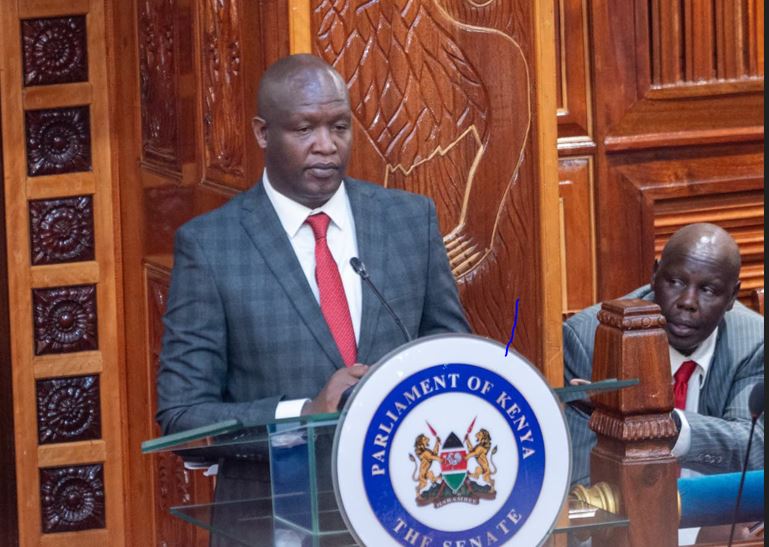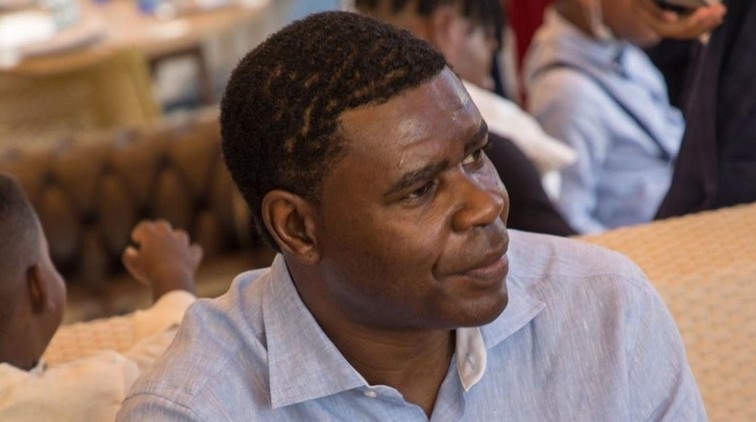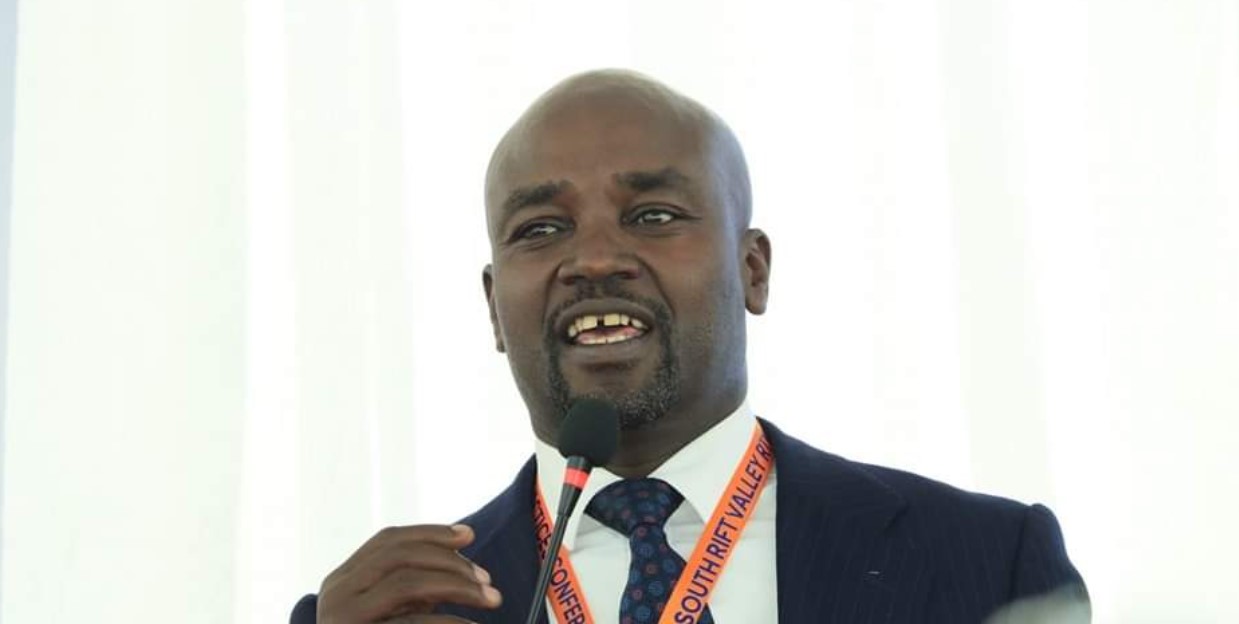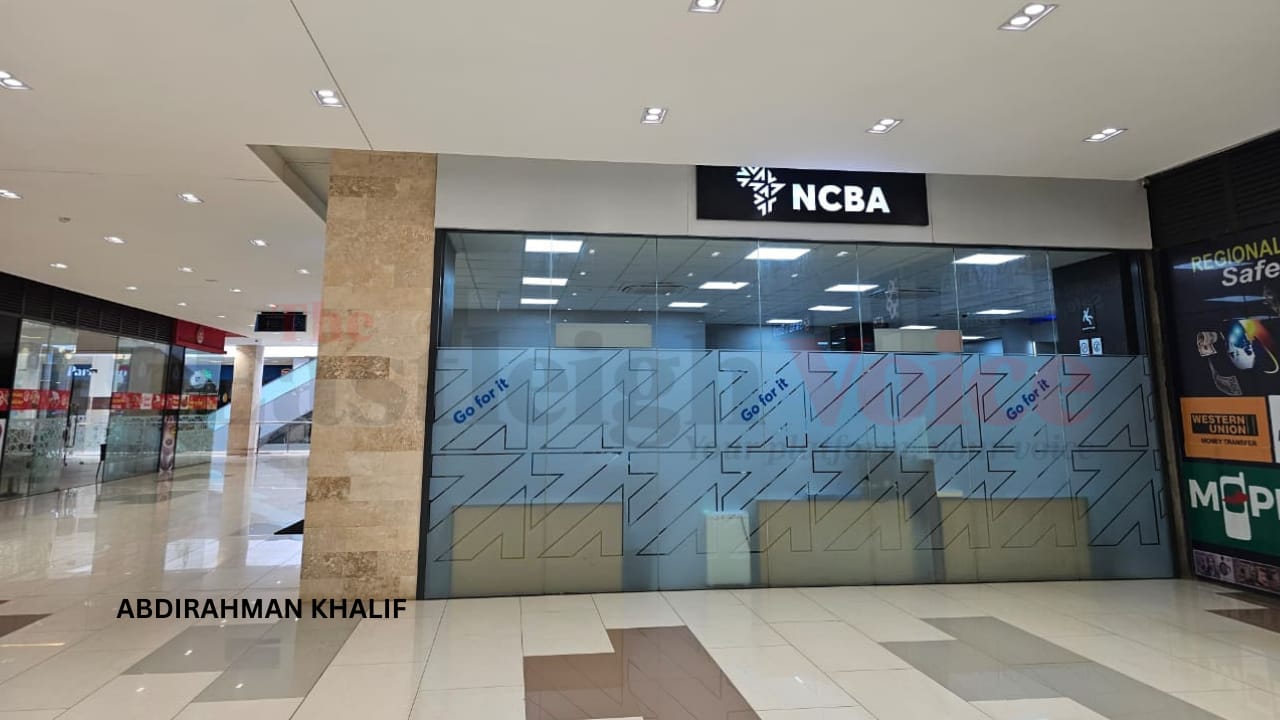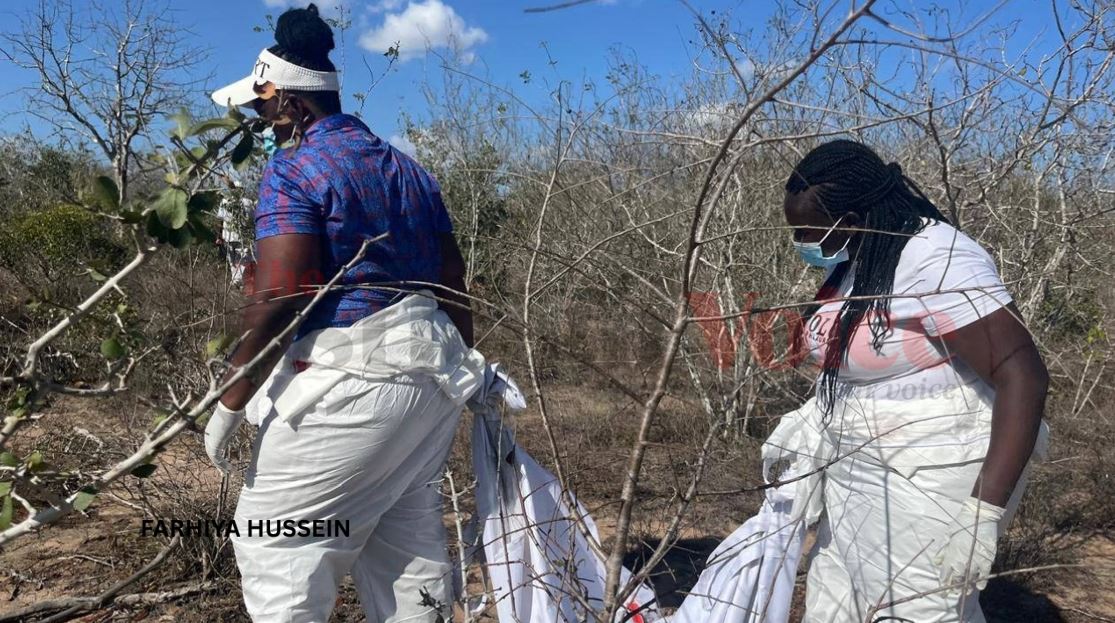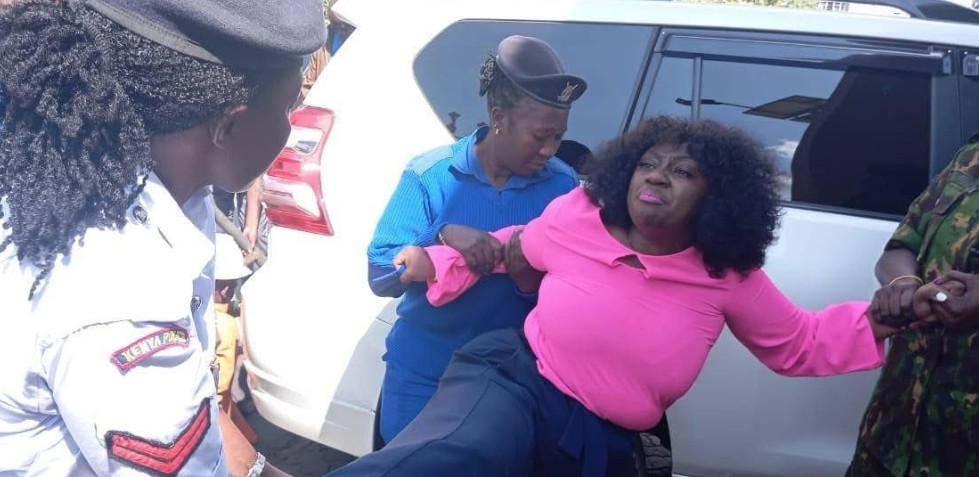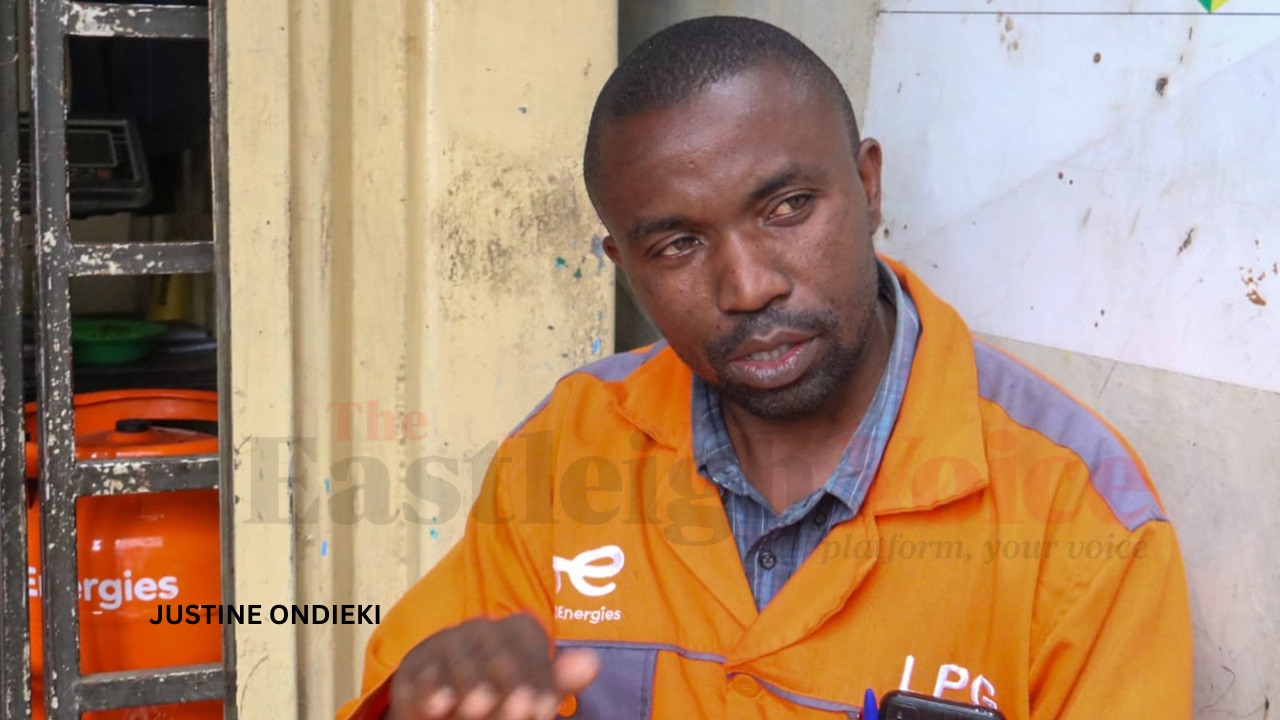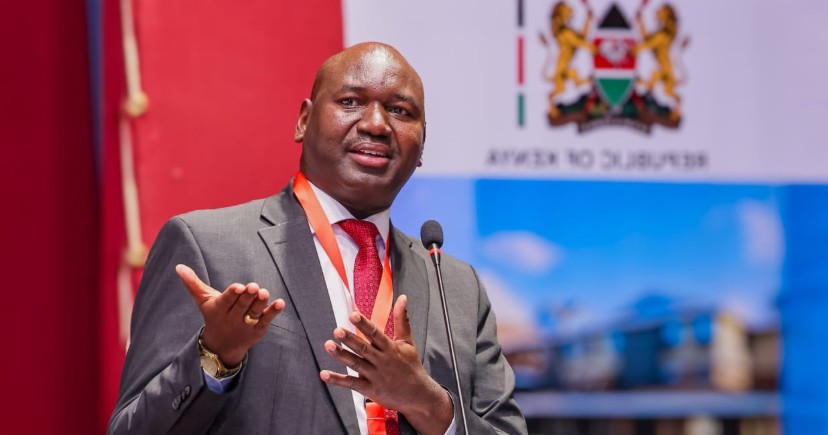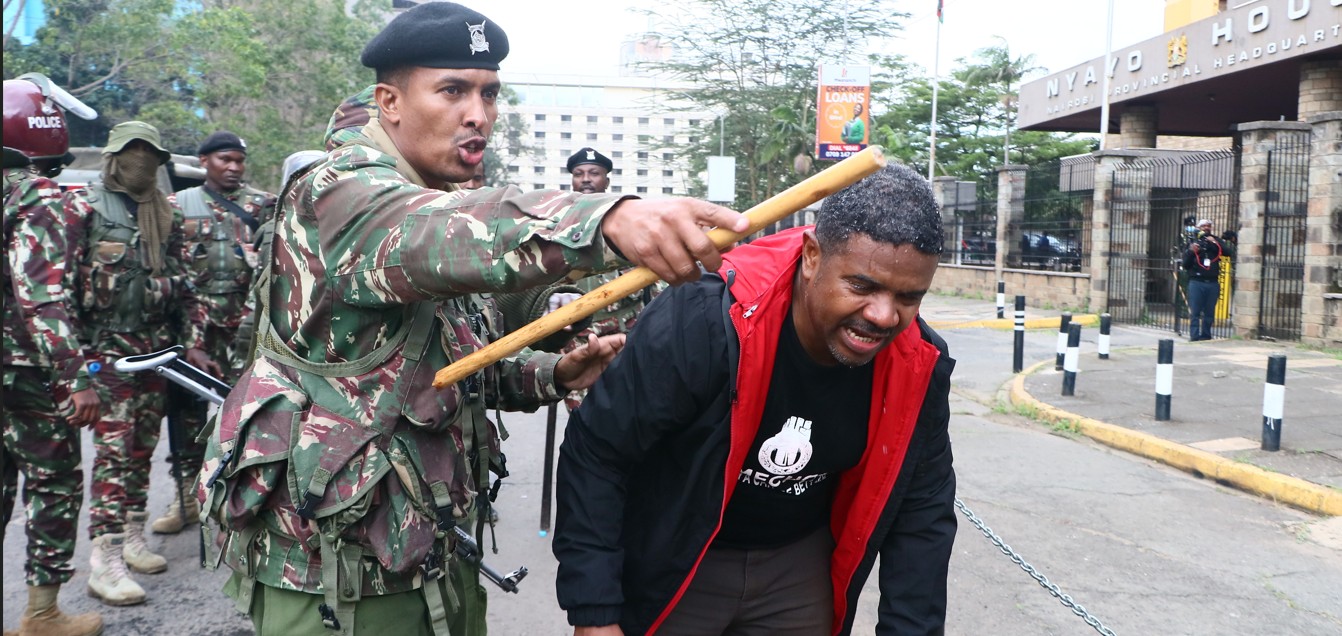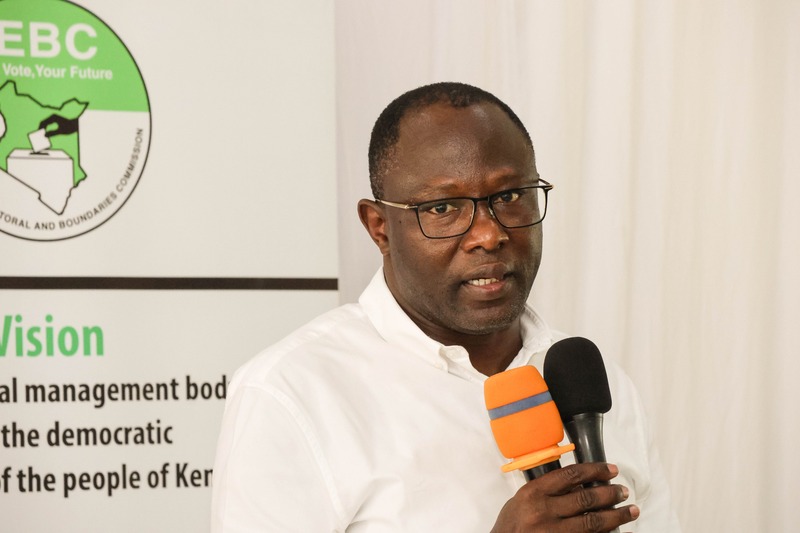Inside Kenya’s battle against fake and unsafe medicines
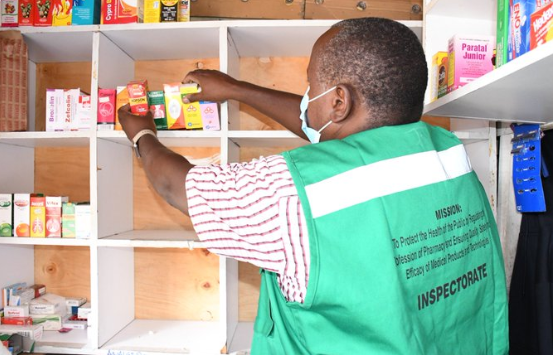
The increasing demand for affordable medication has put many Kenyans at risk of unknowingly consuming fake drugs.
Can you always tell if a medicine or a product is fake just by looking at it? This is a question many Kenyans are grappling with today. Despite turning to trusted drugstores, many find their trust misplaced as counterfeit medicines continue to circulate in the market.
The increasing demand for affordable medication has put many Kenyans at risk of unknowingly consuming fake drugs, explains Sabina Kerubo, a pharmacist based in Nairobi.
More To Read
- KMPDC shuts down 158 health facilities, downgrades 25 over failure to meet medical standards
- Kenya's public health at risk as falsified and substandard medicines accelerate antimicrobial resistance
- Counties to work with Ministry of Health in closing down illegal facilities
- Kenya goes digital in healthcare to fight fraud, counterfeit drugs
- 30 per cent of medicines in Africa are fake - report
- Duale warns of fake drugs, calls for zero tolerance on corruption
Drawing from her experience across various healthcare facilities, Sabina notes that while some institutions follow strict procurement guidelines and stick to reputable brands, others prioritise profit margins over quality, which compromises patient safety.
Many patients assume pharmacists can easily spot counterfeit drugs. However, Sabina points out that this is not always possible, especially when products are new to the market or even long-standing brands. “The only way to be sure a drug is genuine is through laboratory testing to verify its ingredients. You can’t always tell just by looking, even if it’s from a trusted brand,” she says.
She observes that in many pharmacies, some of the people selling medication are not properly trained. They often operate under the license of the pharmacy owners, even though they may lack the necessary qualifications. In some cases, these untrained individuals are the ones making decisions about which drugs to stock and procure.
“Have you ever wondered why, on certain days, many chemists and pharmacies are closed? It’s usually because public health officers are conducting inspections,” she explains. “But since some of these places don’t have the right medications or fail to meet regulatory standards, they temporarily shut down to avoid being caught.
She notes that, for her, the most important responsibility is to always ensure that the drugs are not expired by carefully checking expiration dates and promptly removing any recalled medications. This process is done in close accordance with guidelines from the Pharmacy and Poisons Board.
“We also rely on information from the Pharmacy and Poisons Board to identify drugs that may no longer be safe,” she explains. “Unfortunately, by the time we receive such alerts, it’s often too late because some of those medications have already been sold to customers. Tracing those customers can be difficult, and even if we manage to reach them, it’s hard to explain that dangerous drugs were sold unknowingly.”
She notes that the choice of medication is often driven by price. While some customers insist on the original brand regardless of cost, many prefer a cheaper alternative as long as it claims to perform the same function.
“Medicines are like any other product,” she explains. Sales representatives from various companies visit different chemists to promote their products. We tend to assume that their claims have been verified, and if the products are licensed, it rarely raises any questions. But one of the clear red flags is when a drug is ridiculously cheap yet claims to have the same qualities as a well-known brand. That’s when we start to question its authenticity and effectiveness.”
For example, Johnson & Johnson—a brand trusted by Kenyans and millions worldwide for decades—is now embroiled in over 60,000 lawsuits. These lawsuits allege that its talc-based products, such as Baby Powder, caused ovarian cancer and mesothelioma due to asbestos contamination. Plaintiffs claim the company knew about these risks as early as the 1970s but failed to warn consumers. These legal battles raise serious questions about corporate responsibility and product safety.
In 2024, Kenya saw a sharp increase in drug recalls—32 in total, doubling the number from 2023. These recalls included dangerous counterfeit medicines, such as contaminated cancer treatments. This growing crisis contributes to treatment failures, addiction, and severe health complications, stressing the urgent need for stronger regulatory measures and public education.
In 2022, a tragic incident in The Gambia highlighted the dangers of contaminated medications. At least 70 children died after consuming four cough syrups manufactured by Maiden Pharmaceuticals, an Indian company. The affected products included Promethazine Oral Solution, Kofexmalin Baby Cough Syrup, Makoff Baby Cough Syrup, and Magrip N Cold Syrup. These syrups were found to contain toxic levels of diethylene glycol and ethylene glycol, chemicals that can cause severe kidney damage and death.
In 2025, the Pharmacy and Poisons Board (PPB) of Kenya issued several important drug recalls due to safety, quality, and packaging concerns. One of the most notable recalls involved multiple brands of paracetamol injections, including Lumidol, Blink, and Paragen. These injections showed signs of discolouration, raising concerns about their safety and effectiveness. All batches of these products manufactured by KamlaAmrut Pharmaceutical LLP in India were withdrawn from the market.
Another significant recall was for S-Prazo, an esomeprazole 40mg medication, where a packaging error led to levofloxacin tablets being mistakenly placed inside esomeprazole packaging. This posed a serious risk of patients taking the wrong drug, and the affected batches were immediately recalled.
Counterfeit batches of the widely used antibiotic Augmentin (amoxicillin-clavulanic acid) were also identified, prompting a swift removal of those batches from circulation to protect public health.
Additionally, the cancer treatment drug Flurasted 500 (5-Fluorouracil) injection was recalled following concerns over its physical appearance reported by healthcare professionals. This recall included specific batches manufactured by Halsted Pharma in India.
Benylin Paediatric Cough Syrup faced a critical recall after contamination with toxic levels of diethylene glycol was detected, posing a grave danger to children. The PPB ordered an immediate halt to the sale and use of this syrup.
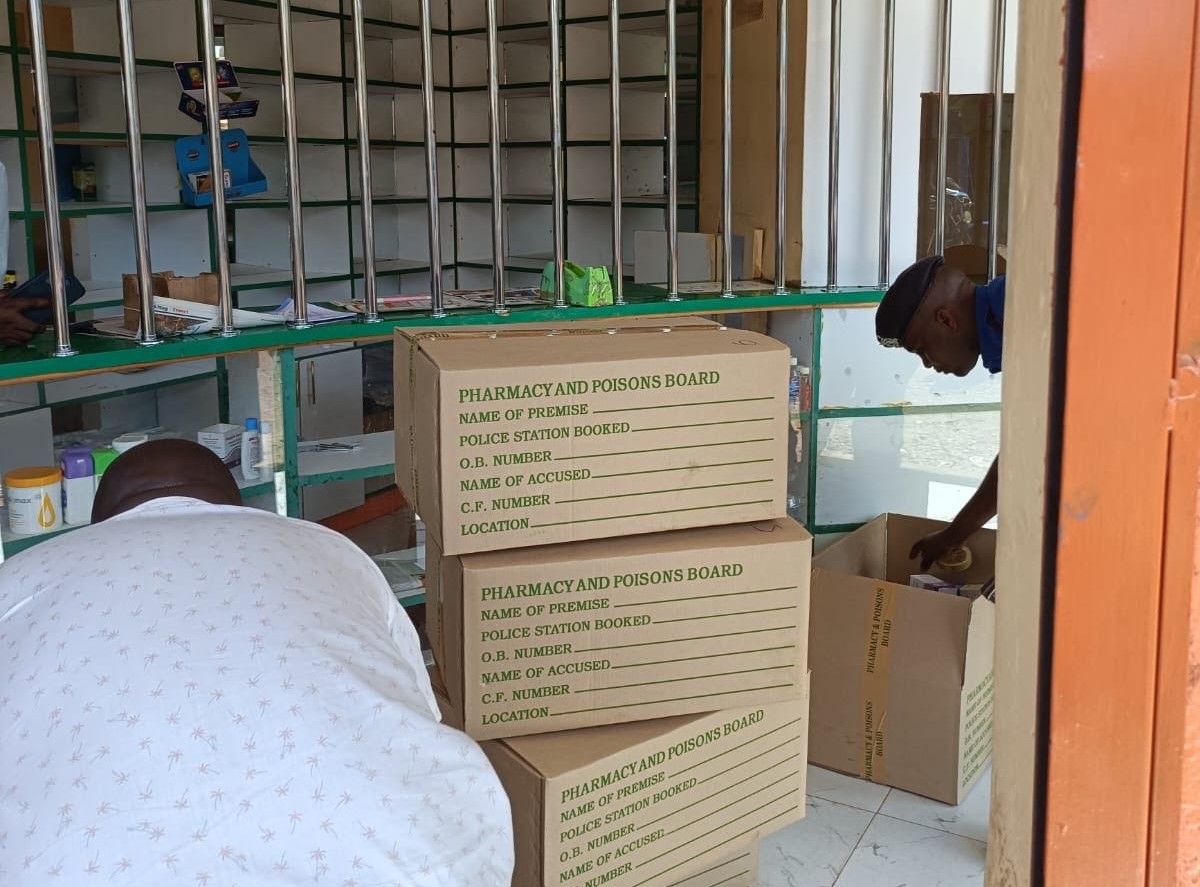 Pharmacy and Poisons Board officials and security personnel during a crackdown that shut down 82 premises in Nairobi, Central, and Upper Eastern regions. (Photo: PPB)
Pharmacy and Poisons Board officials and security personnel during a crackdown that shut down 82 premises in Nairobi, Central, and Upper Eastern regions. (Photo: PPB)
Efinox nasal drops were recalled due to labelling mix-ups between different strengths of the medication, which risked incorrect dosing. The affected batches were withdrawn to prevent harm.
A spot check conducted by Eastleigh Voice across various pharmacies in Nairobi revealed a wide range of behaviours when it comes to purchasing medication. While some residents buy drugs with a prescription, many do not, instead relying heavily on the advice of pharmacists.
Some customers even come to the pharmacy with only pictures of the medications they want, without knowing what the drugs are actually for. One of the most common questions pharmacists hear is whether there is a cheaper alternative, especially given the current economic challenges. Despite pharmacists’ efforts to explain the importance of selecting the appropriate medication, many customers still choose the less expensive options, prioritising cost over other considerations.
With the rise of health-related content and advice circulating on social media, many people now rely on online recommendations when seeking treatment. As a result, a growing number of individuals walk into pharmacies asking for specific medications, often without a prescription. This behaviour goes beyond the pharmacy counter, with some even falling prey to unlicensed vendors hawking drugs in public spaces.
With the rise of health-related content and advice circulating on social media, many people now rely on online recommendations when seeking treatment. As a result, more individuals are walking into pharmacies to request specific drugs, often without a prescription. This trend extends beyond pharmacies, with some people falling prey to unlicensed hawkers selling drugs in public spaces like buses and street corners.
Sharon Oyoo is one such case. She recently bought a drug from a vendor on a public vehicle who claimed it would relieve stomach issues and help with body cleansing. Disappointed by previous medications that hadn’t worked, she took a chance, despite the drug having a strong, corrosive odour.
“I took the drug once or twice,” Sharon recalls. “It caused a burning sensation, and I had to stop. It smelled really bad.”
She admits that this wasn’t the first time she had purchased medicine from hawkers. “There was a time I bought another one that promised to help with hormonal imbalance,” she says. “Looking back, I realise I was just desperate for a solution.”
The PPB advised all consumers and healthcare providers to stop using any of the recalled drugs and return them to the suppliers or health facilities. They also encouraged reporting any adverse effects experienced after taking these medications.
The World Health Organisation (WHO) estimates that one in every ten medicines in low- and middle-income countries is either substandard or falsified. Some of the most dangerous examples include children’s pain and cough syrups, maternal health medications, injectable drugs contaminated with bacteria, and counterfeit anti-malarials—two-thirds of which are believed to be fake.
In response to this growing threat, Kenya’s Pharmacy and Poisons Board (PPB) has intensified its regulatory actions. In June 2024, the board shut down over 100 illegal pharmacies in a nationwide crackdown. These operations targeted outlets operating without proper licenses, dispensing unapproved medicines, and violating public health regulations. Throughout 2024, similar enforcement efforts continued across the country to curb the circulation of unsafe and unauthorised pharmaceutical products.
Top Stories Today

